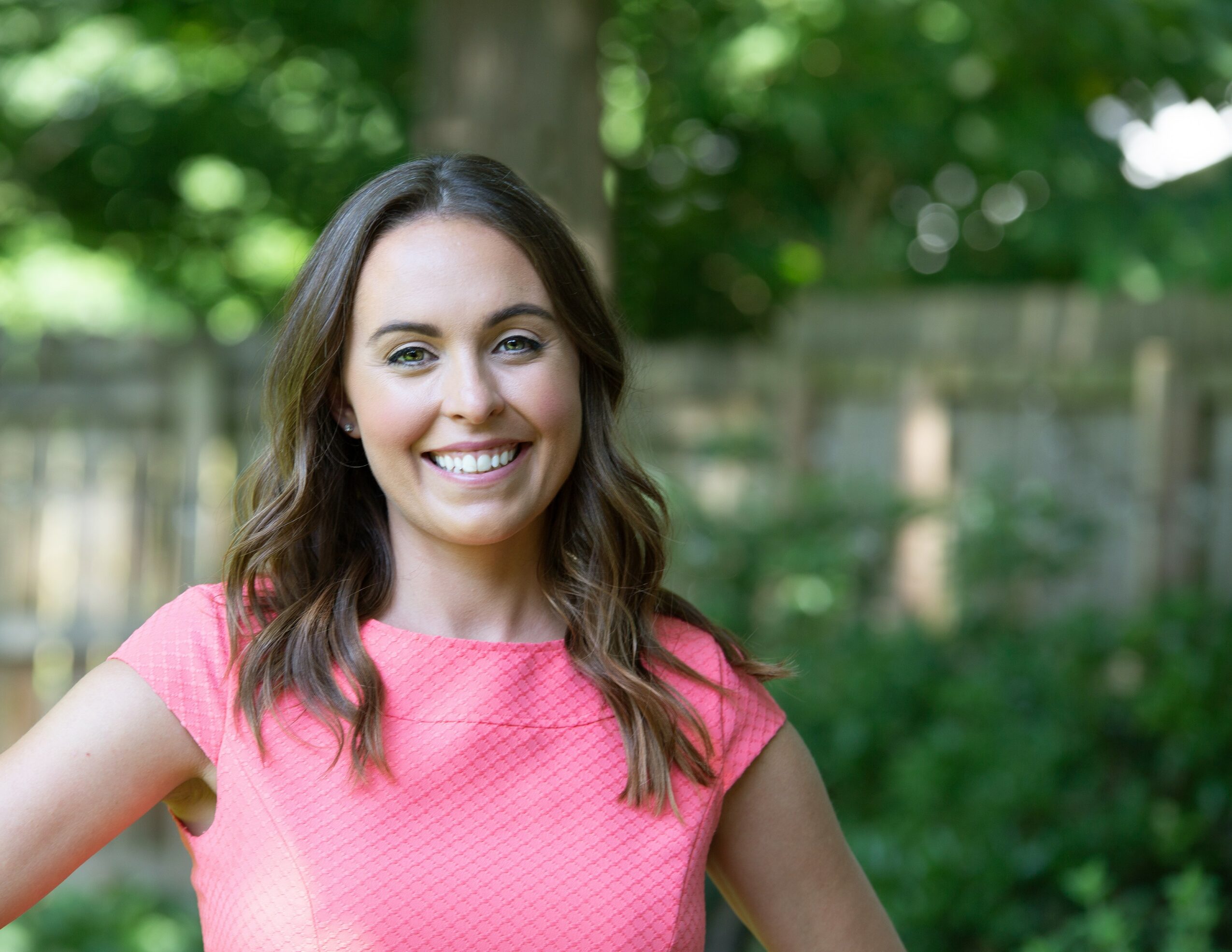

Today we’d like to introduce you to Dr. Catherine Reynolds, Psy.D..
Hi Dr. Catherine, we’re thrilled to have a chance to learn your story today. So, before we get into specifics, maybe you can briefly walk us through how you got to where you are today?
I knew I wanted to be a psychologist long before I really understood what that meant. In sixth grade, two school psychologists came to speak to our class, and something about the way they talked about helping people make sense of their lives just clicked for me, and from that moment on, I never really wavered.
Growing up in the northern suburbs of Illinois, by the time I was choosing colleges, I knew two things: I wanted to become a psychologist, and I couldn’t handle another Midwestern winter. So I headed south to the University of Georgia, where I majored in psychology and minored in Spanish.
After college, I attended the Georgia School of Professional Psychology, where I earned my doctorate in Clinical Psychology. My early training years were eye-opening. At Children’s Healthcare of Atlanta, I learned how to translate science and empathy into real-world care, working with children and families navigating complex diagnoses. The following year, at a community mental health center, I worked primarily with low-income adults — an experience that deeply shaped my understanding of privilege, resilience, and the barriers people face to accessing care.
Later, I found my stride in college counseling. At the University of Georgia and Emory University, I worked with students who were driven, anxious, and often unsure how to balance ambition with well-being — a theme that would later become central to my work. I completed my internship at Purdue University and my postdoctoral residency back at Emory, where I began to imagine the kind of psychologist I wanted to be — one grounded in compassion, curiosity, and practicality.
After becoming licensed, I worked in group private practices conducting evaluations and providing therapy across the lifespan. Over time, I found myself especially drawn to high-achieving adults who looked successful on the outside but struggled to slow down enough to feel fulfilled.
Every experience — from early training to private practice — has strengthened my belief that lasting change comes from balance. My goal, in both life and work, is to help people build that balance for themselves so they can move through the world with more ease and authenticity.
Alright, so let’s dig a little deeper into the story – has it been an easy path overall and if not, what were the challenges you’ve had to overcome?
Not at all — and honestly, I think the best roads rarely are.
One of the hardest chapters in my career culminated on a Friday night when I was sitting at my computer, finishing a report after a long week. The document crashed, and I lost several hours of work. I just sat there and cried — not because of the file itself, but because I was so completely depleted. That moment forced me to stop and see what I had been avoiding: I was exhausted, overstretched, and missing the joy that had once made my work so meaningful.
From the outside, I looked like someone thriving in her career. At the time, I was working full time in a group practice, teaching as an adjunct professor, and trying to prove that I could manage it all. I cared deeply about my work and the people I served, but I was running on empty. Every day felt like a race against the clock. I woke up tired, felt behind before the day even started, and ended most evenings with more on my to-do list than I’d started with.
It took time, reflection, and small but deliberate changes to rebuild a sense of balance. Learning how to slow down — to be intentional instead of reactive — didn’t just make me a better psychologist; it made me a more grounded person. That season of overwhelm ultimately taught me that success means very little if it comes at the expense of well-being.
That experience changed how I live and how I work. It deepened my empathy for clients who find themselves in similar situations — people who appear successful on paper but feel quietly overwhelmed on the inside. It also became the foundation for Self-Care Simplified, a practice built around the very principles I needed most at that time: balance, authenticity, and permission to slow down.
Alright, so let’s switch gears a bit and talk business. What should we know?
Earlier, I shared how recognizing burnout taught me the importance of living more intentionally. Self-Care Simplified grew directly out of that season of change.
I started by asking myself a simple but powerful question: What does the perfect day look like for me? Surprisingly, the answer didn’t involve lying on a beach for years at a time — it involved meaningful work, but with more ease, flexibility, and joy. I loved being a psychologist, but I didn’t want to keep operating at a pace that left no space to breathe. So I made practical changes: cutting back my hours, building small moments of rest into the day, and weaving fun and connection into everyday life.
Over time, those choices have continued to serve me well as my life has become even more demanding with parenting and running a business. Those shifts became the blueprint for Self-Care Simplified, a practice created to help others make the same kinds of sustainable changes so their lives feel both productive and nourishing.
If you look like you have it all together but often feel one step away from burnout, you’re exactly who we’re here for. Our team of doctoral-level clinicians offers therapy, psychological evaluations, and executive coaching across multiple states. We specialize in helping professionals, couples, and veterans manage stress, improve relationships, and reconnect with what really matters.
Our approach is evidence-based yet deeply personal — integrating Cognitive Behavioral Therapy, Internal Family Systems, and attachment-focused methods to create lasting change. What sets us apart is our belief that self-care doesn’t have to mean escaping your life — it’s about finding balance within it.
At its core, Self-Care Simplified is based on the idea that well-being doesn’t require a total life overhaul — just small, consistent shifts that bring more ease, balance, and joy to your days. As we continue to grow, my hope is that more people learn that stress doesn’t have to be the price of success — and that with the right support, balance really is possible. I think people often assume balance means doing less — but in reality, it’s about doing what matters most with more presence and less pressure.
We’d love to hear about how you think about risk taking?
For me, risk-taking is about trust — trusting your intuition, your preparation, and your ability to adapt once you make the leap.
One of the clearest examples of that came when I realized the group practice I’d been part of for years was no longer the right fit. I’m a loyal person by nature, and for a long time, I was determined to make it work. I kept telling myself that if I just pushed a little harder or stayed a little longer, things would eventually feel right. But gradually, the stress started seeping into everything.
I didn’t have another position lined up, and that uncertainty was terrifying. Making the decision to leave felt heartbreaking — but it also marked the beginning of something better. It reminded me that loyalty doesn’t mean staying where you’re shrinking. Sometimes it means trusting yourself enough to step away.
So, I gave my notice without a backup plan. It was a calculated risk — I had a spouse who was employed, which gave me enough stability to take that step. And it paid off. Within two months, I found a new position that aligned far better with my values and allowed me to feel grounded and supported again. That experience taught me that sometimes, the scariest risks are the ones that bring the most clarity. It also helped me realize that courage doesn’t always look like walking away — sometimes it looks like slowing down and making changes with intention.
A few years later, when I began building Self-Care Simplified, I carried that lesson with me while I was working at another group practice. This time, I recognized the signs of misalignment earlier. I could feel that internal nudge again — but instead of waiting until I was desperate to make a change, I listened sooner. I started my practice while still employed, giving myself time to build slowly and intentionally.
Looking back, every bold decision I’ve made has been rooted in both intuition and preparation. I didn’t leap without a net this time— I built the net first, one thread at a time. That balance of courage and planning has shaped not only how I lead Self-Care Simplified, but also how I help my clients navigate their own transitions with clarity and confidence.
For me, risk-taking isn’t about throwing caution to the wind; it’s about alignment. It’s about trusting that quiet inner voice that says, “It’s time,” even when the path ahead isn’t fully mapped out. Trusting yourself doesn’t eliminate fear — but it does make the next step clear. And sometimes, that’s all you really need.
Contact Info:
- Website: https://www.selfcaresimplifiedforyou.com
- Instagram: https://www.instagram.com/drcatherinereynolds/?hl=en
- Facebook: https://www.facebook.com/selfcaresimplifiedforyou
- LinkedIn: https://www.linkedin.com/in/catherine-reynolds-psy-d-16a681a1/
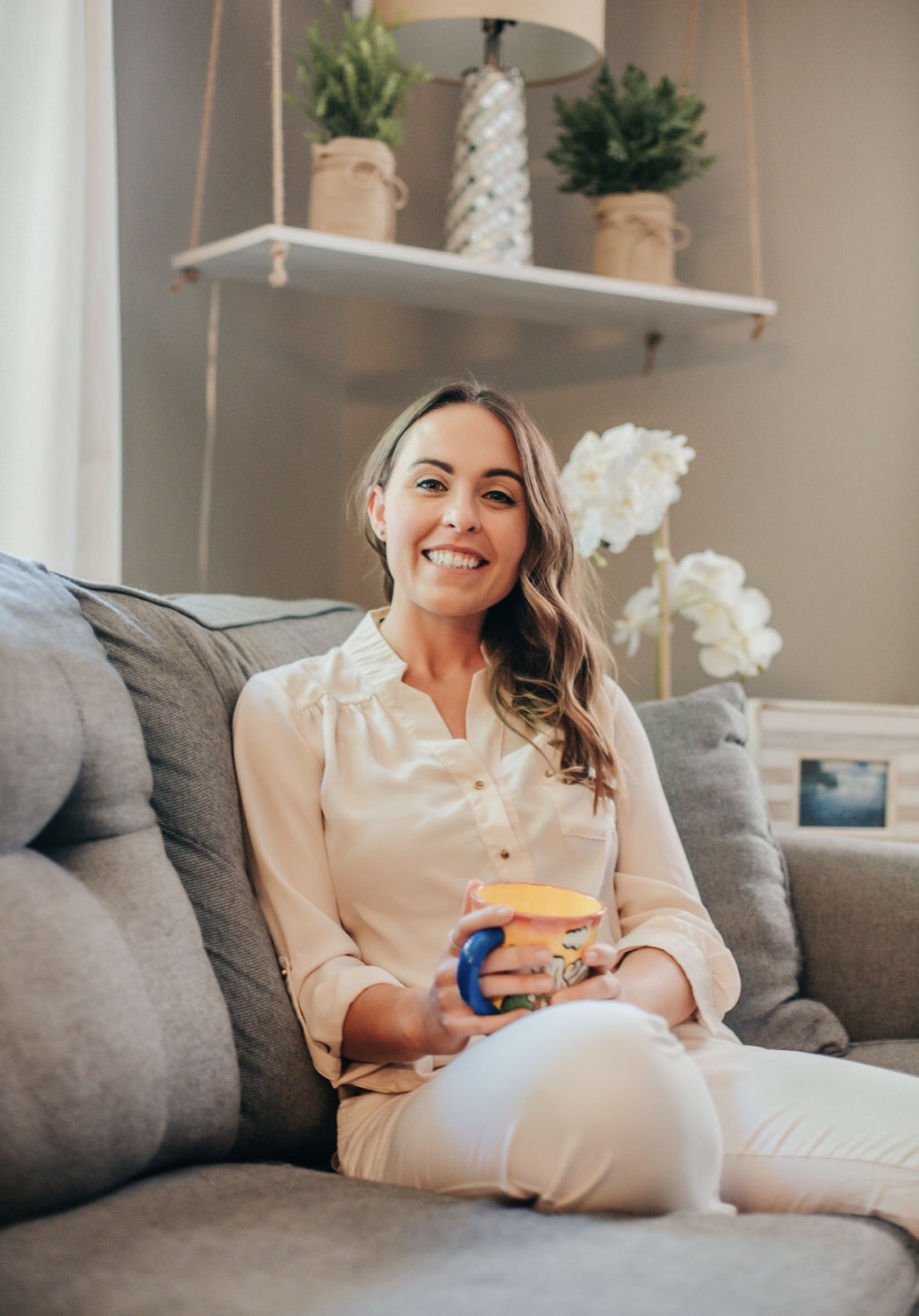
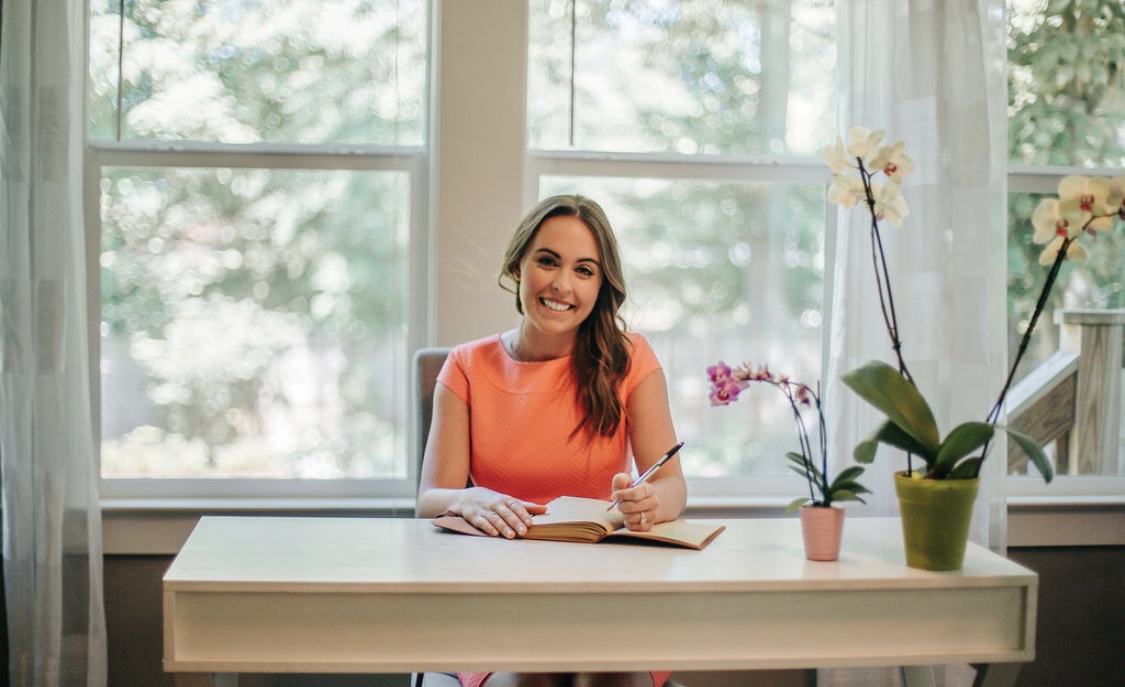
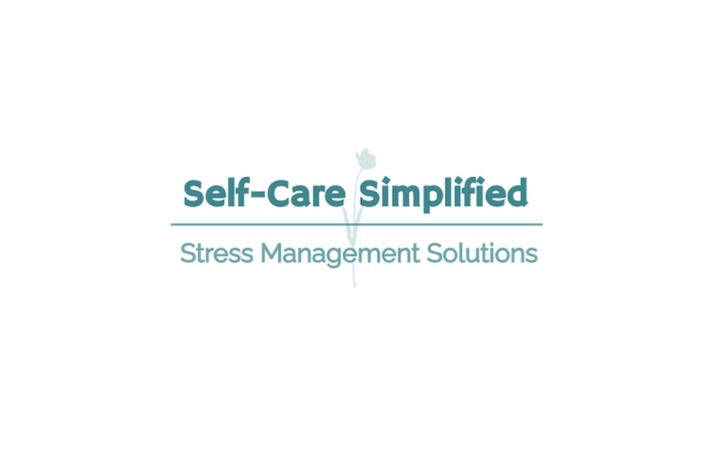
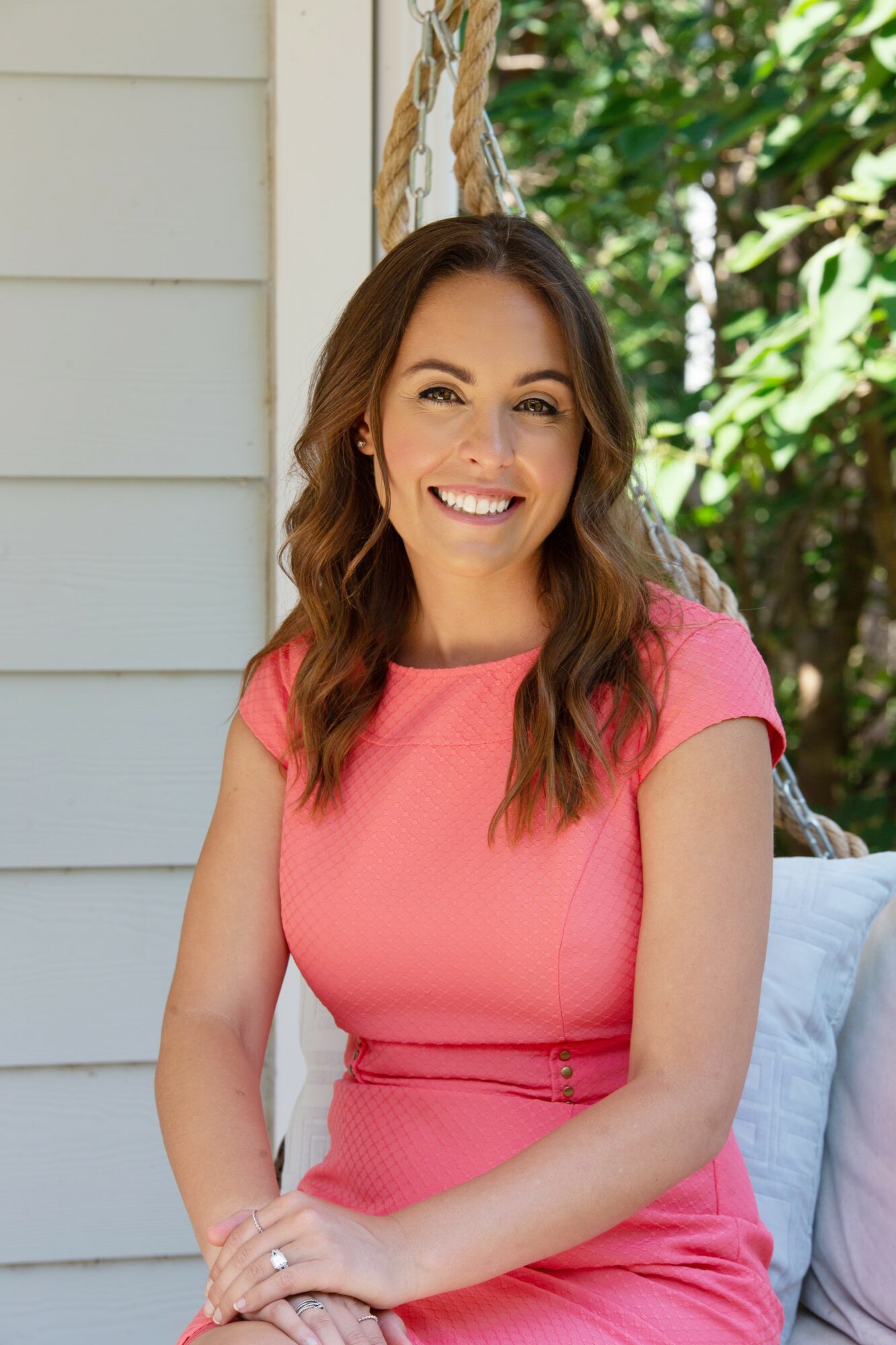
Image Credits
One Love Photography













